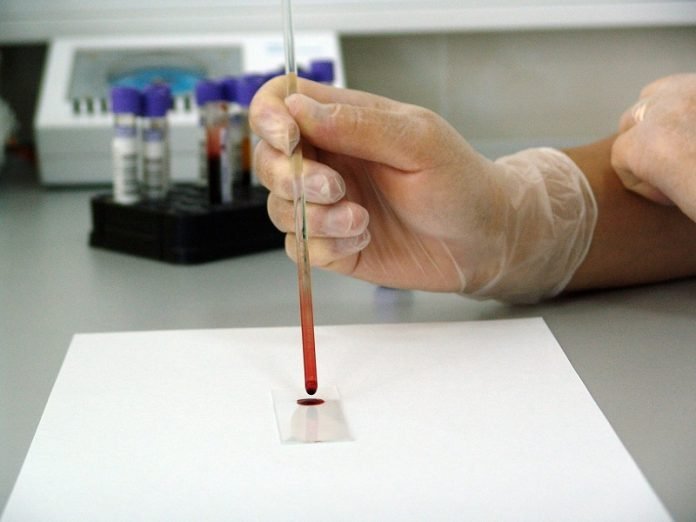
In a new study, researchers have created a prototype for a blood test that could measure pain.
The blood test would allow physicians far more accuracy in treating pain—as well as a better long-term look at the patient’s medical future. It could also help stem the opioid crisis.
The research was conducted by a team from Indiana University.
Currently, measurement of pain relies on patients self-reporting or the clinical impression the doctor has.
It is very important to have an objective measure of pain.
In the study, the team tracked hundreds of participants to identify biomarkers in the blood that can help objectively determine how severe a patient’s pain is.
Much like as glucose serves as a biomarker to diabetes, these biomarkers allow doctors to assess the severity of the pain the patient is experiencing, and provide treatment in an objective, quantifiable manner.
The team hopes the new blood test could help prevent opioid abuse in the U.S.
The opioid epidemic occurred because addictive medications were overprescribed due to the fact that there was no objective measure whether someone was in pain, or how severe their pain was.
In addition to providing an objective measure of pain, the blood test helps physicians match the biomarkers in the patient’s blood with potential treatment options.
By treating and prescribing medicine more appropriately to the individual person, this blood test may help alleviate the dilemmas that have contributed to the current opioid epidemic.
The team also utilizes a prescription database—similar to fingerprint databases employed by the FBI—to match the pain biomarkers with profiles of drugs and natural compounds cataloged in the database.
The lead author of the study is Alexander Niculescu, a professor of psychiatry at the Indiana University School of Medicine.
The study is published in Molecular Psychiatry.
Copyright © 2019 Knowridge Science Report. All rights reserved.



